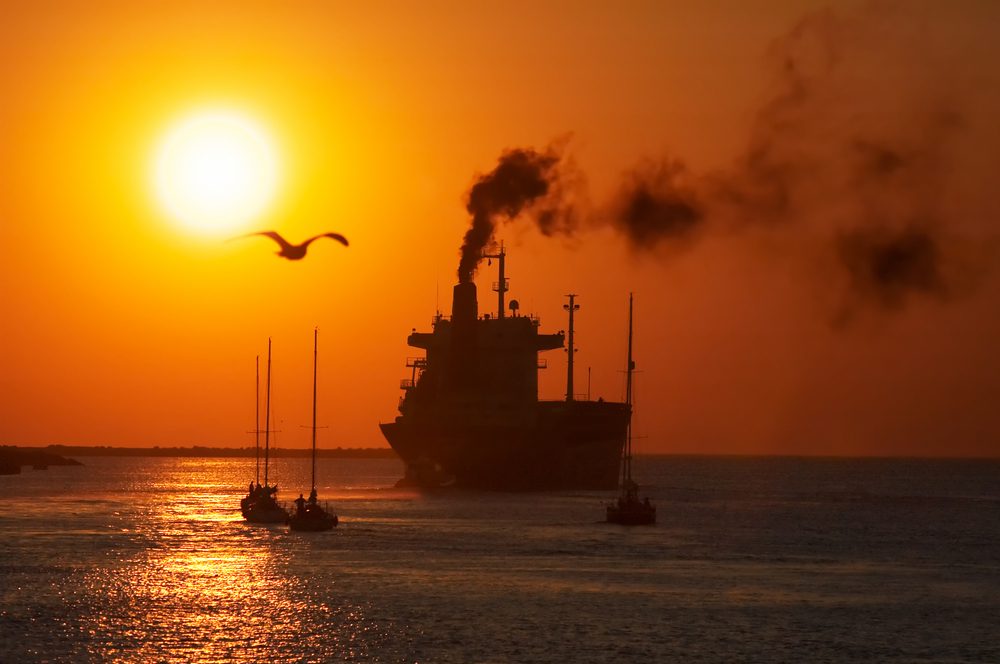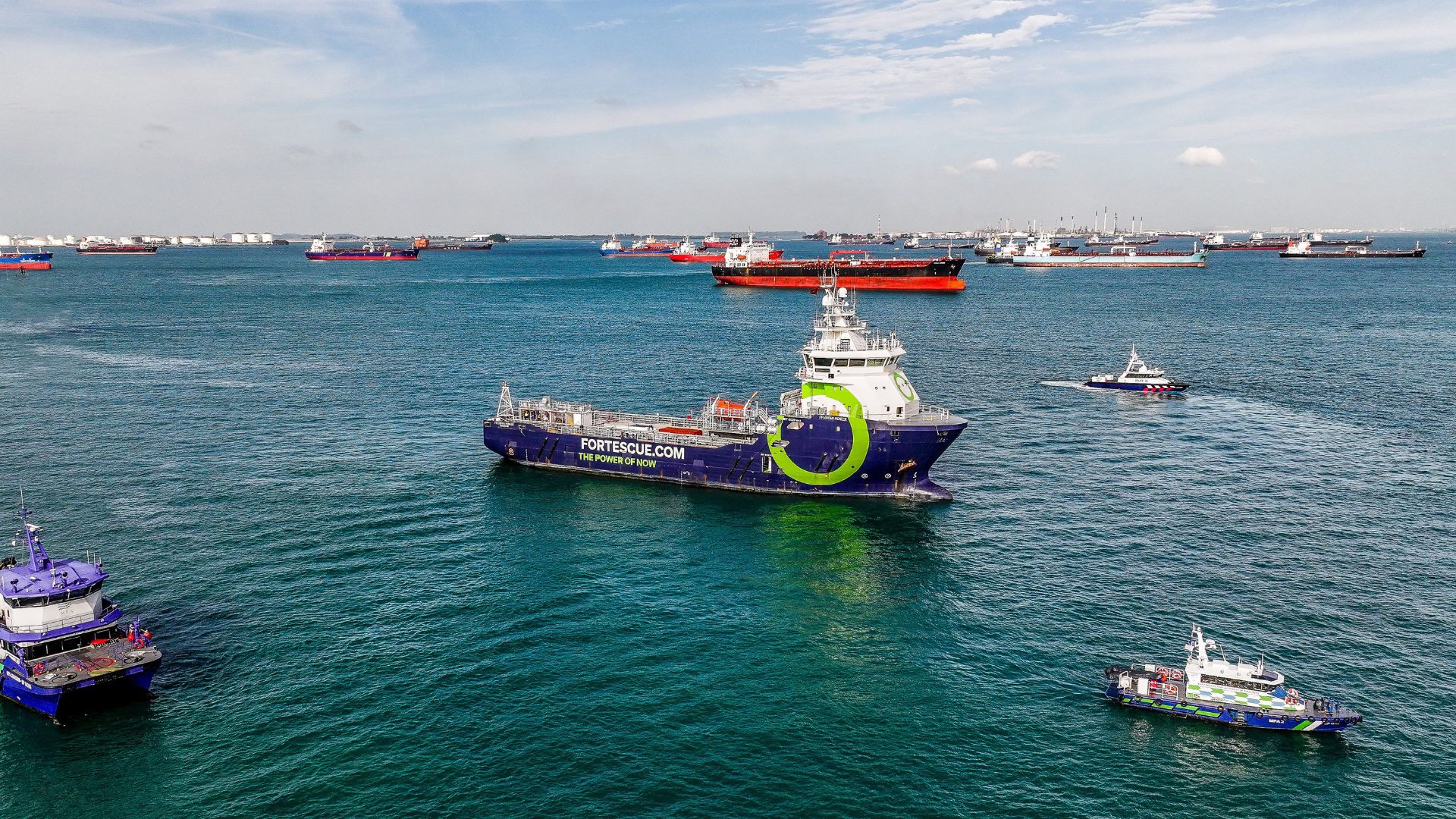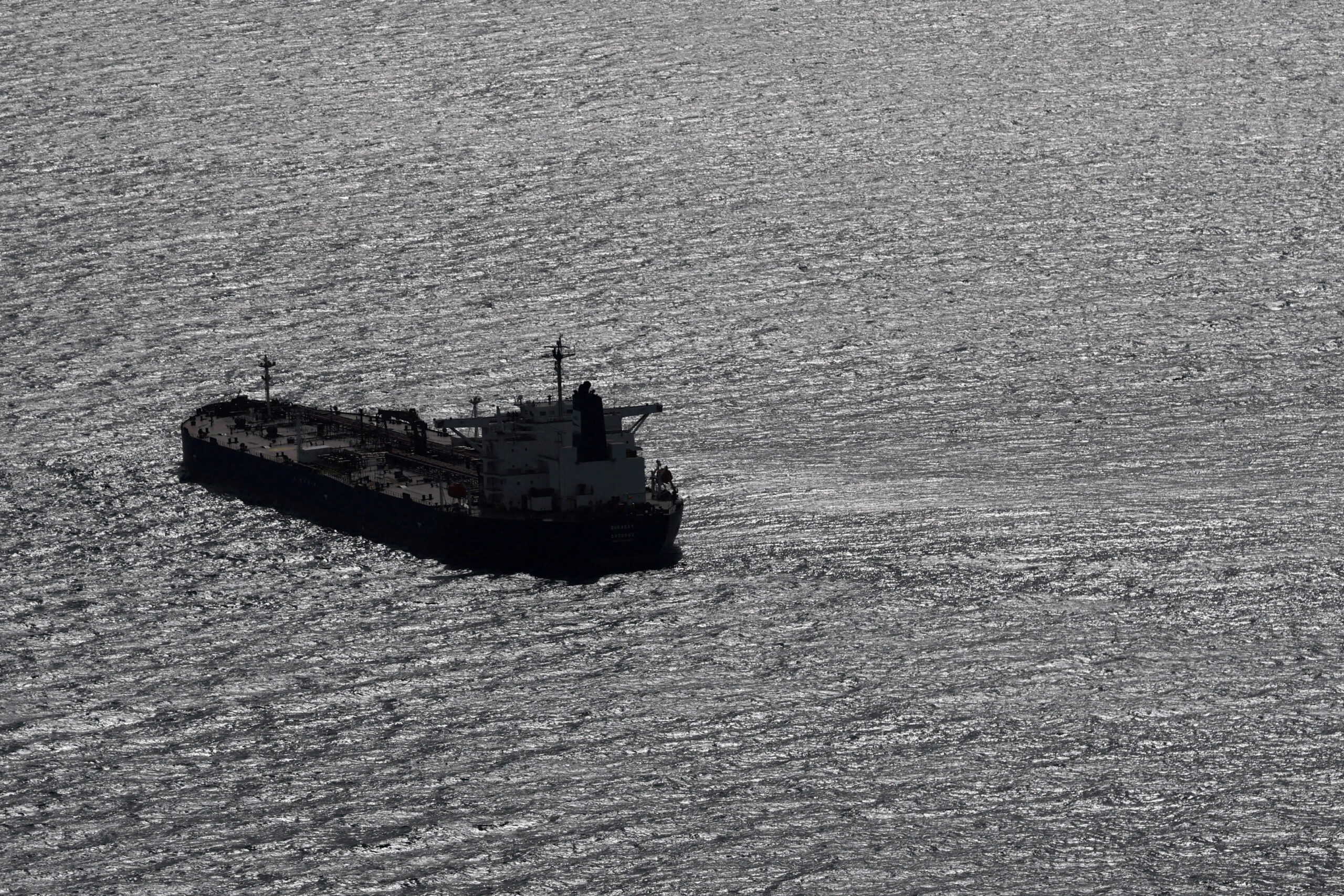Last week’s Capital Link online Shipping Forum was organized well before the crisis in the Ukraine unfolded. An important observation that emerged from the session on geopolitics was how unpredictable the world can be and, overwhelmingly, how resilient that shipping can be—steaming on, in spite of everything thrown in front of it.
Ted Petrone, President of Navios Maritime, described external shocks to shipping as “Black Swans” (citing the book by Nassim Nicholas Taleb). He said that there are more of them and (after rattling off a list including various financial crises and, of course, the pandemic) said that they are coming more frequently. Panel member Gary Vogel, the soon to be anointed Connecticut Maritime Association’s Commodore and CEO of drybulk specialist Eagle Bulk Shipping, talked about “known unknowns” and being prepared for the “expected unexpected”. Mark O’Neill, the top executive at Columbia Ship Management, suggested that “the pandemic has changed everything,” and has brought permanent shifts to international business, including a retreat in the pace of globalization.
Panelist Mark Darley, the CEO of Lloyds Register’s Marine and Offshore business, found some sunshine amidst all of the doom and gloom. He said: “If you stand back… the pandemic has brought some positives to maritime. I think that maritime has fared pretty well in its resilience and ability to react.” He focused on data and analytics, describing the use as positive disrupters. He stressed the importance of maximizing the use of data, which is increasingly channeled to charterers and cargo interests. In a highly quotable statistic, he said: “The amount of data transmitted ship to shore has tripled in the last 12 months alone.”
What to do about all the uncertainties? The panelists talked about responsiveness in dealing with external shocks, with Mr. O’Neill stressing advance preparation and quoting Niccolò Machiavelli, who said: “In times of peace, prepare for war.” In a practical example, Gary Vogel cited his company’s ability to fix in voyages with very short time frames rather than sit idle to satisfy quarantine times imposed by shipyards during the darkest days of the pandemic.
In the bigger picture, being nimble and responsive, which shipping clearly is (all the panelists agreed), will no longer cut it in the face of disruptive waves not seen in shipping’s history—measured in centuries, maybe in millenniums. With all the noise surrounding decarbonization, it is imperative that shipping speak with one voice, which is starting to happen.
Gary Vogel said it best. “I’ve been encouraged by the collaboration in the industry- there are so many examples,” he said, naming initiatives including Sea Cargo Charter and the Getting to Zero Coalition. Mark O’Neill felt that more work needs to be done on getting shipping to speak with one voice. He lamented the ongoing competition internally and worried about the still fractious industry sending multiple and distorted messages to those who can influence it. In his view, the industry needs to get together on correct messaging to the correct recipients. “Otherwise, we will be swallowed up by the bigger logistics sector,” he said.
A further positive was noted by Navios’s Ted Petrone who said that tougher IMO regulations which have forced ships to slow down (reducing the effective supply), and that the uncertainties about future fuels which have led to limited vessel ordering “have saved the industry from itself.”
Editorial Standards · Corrections · About gCaptain

 Join The Club
Join The Club











